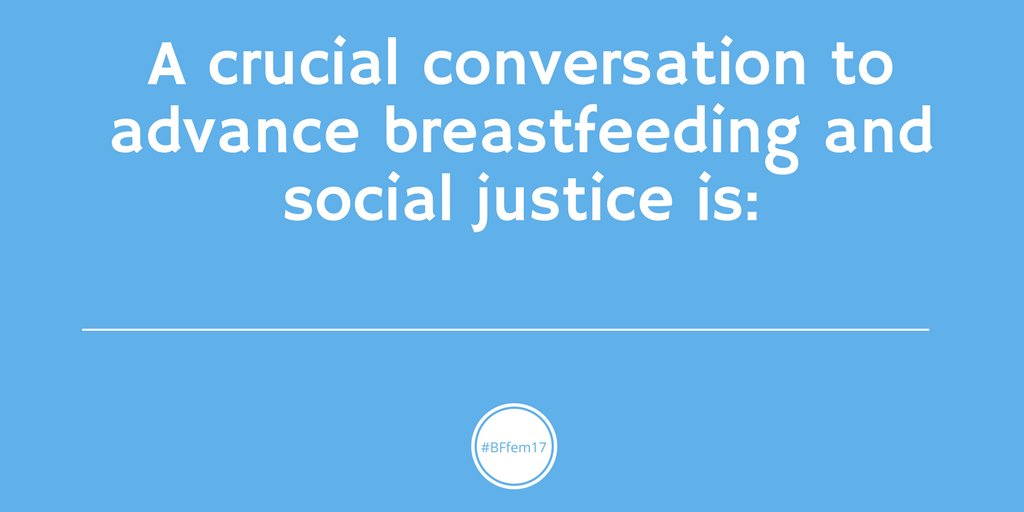The scientific community has long touted the tremendous benefits of breastfeeding. Recent estimates show that over 800,000 child lives and 20,000 maternal lives could be saved each year if every mother were to optimally breastfeed her baby. Often it is economically vulnerable women who struggle with breastfeeding. In high-income countries, serious disparities exist: wealthier, better-educated women breastfeed more than their poorer or less-educated counterparts. In low- and middle-income countries, only 39% of children under 6 months of age are exclusively breastfed, and research suggests rates are increasing faster among rich mothers than among poor mothers1. This contributes to broader patterns of health inequity in the modern world.
Recently, a multidisciplinary group of advocates, professionals and researchers gathered for the 12th Breastfeeding and Feminism International Conference. The comparatively low breastfeeding rates and health status among marginalized groups was a major topic of discussion. Throughout the three-day conference, experts highlighted how many women around the world are not able to optimally breastfeed because they lack the opportunities and support they need.
“…what has been missing so far in evidence-based advocacy is ‘a unified voice positioning breastfeeding as a health equity issue.’ “
Research findings are often not translated into meaningful policies to enable women to breastfeed. Why? Michele Griswold, President of the International Lactation Consultant Association, says that what has been missing so far in evidence-based advocacy is “a unified voice positioning breastfeeding as a health equity issue.”
Rather than positioning breastfeeding as a mother’s moral obligation, support for women to breastfeed must be recognized as a public health imperative by champions at regional, national and global levels. An environment that enables breastfeeding enhances the health of populations and ensures that all children have the best chance to thrive. Paid family leave, workplace accommodations for breastfeeding, and protection against commercial promotion of breastmilk substitutes are necessary elements of this environment.
Governments, institutions, and society at large all have a responsibility to support breastfeeding to improve the health of children and communities – whether they are rich, poor, marginalized or privileged. Data generated through ARCH are being used to inform global and national leaders of the importance of optimal infant and young child nutrition. By providing information on the barriers to breastfeeding and recommendations for how to address them, we are working to achieve health for all.
1 Victora, C. G., Bahl, R., Barros, A. J. D., França, G. V. A., Horton, S., Krasevec, J., … Rollins, N. C. (2016). Breastfeeding in the 21st century: epidemiology, mechanisms, and lifelong effect. The Lancet, 387(10017), 475–490. http://doi.org/10.1016/S0140-6736(15)01024-7

